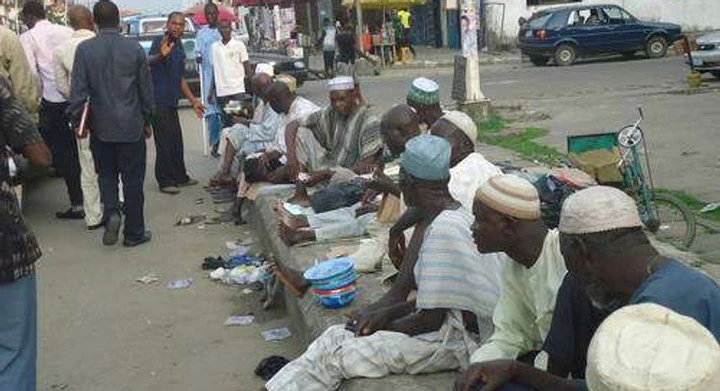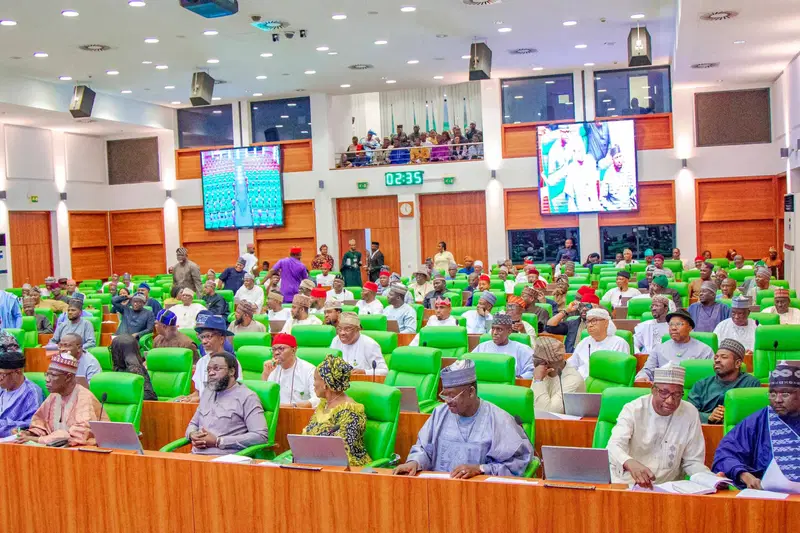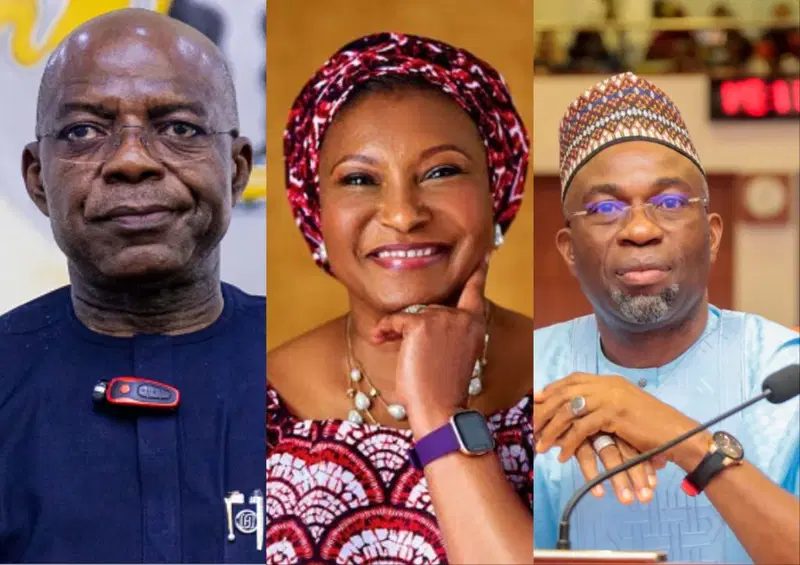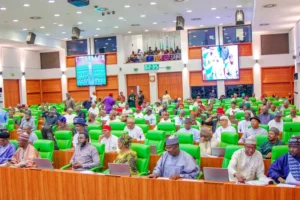Ibrahim said he always dresses well and neatly to enable his clients to give him an audience when he approaches them with his sad tales. “I used to make ₦2.4m yearly”
- Corporate beggars lament economic hardshipThe News Agency of Nigeria (NAN) correspondent reports that corporate beggars have now taken begging as a means of livelihood, as it provides them with more income than traditional jobs.
- The beggars typically hang around residential buildings, shopping malls, bus stops, religious centers, hospitals, markets, roadsides, and offices.One such beggar at the Banex plaza, Mrs. Hauwa Baba, shared her story, stating that she had resorted to begging to feed her family. “I have to beg to feed my sick husband and my six children. Times are hard; we feed once in two days, and I have no money to buy my husband’s diabetes medication. “I used to work in a private firm, but they reduced their staff strength due to the current economic situation in the country, and finding another job has been difficult.
- “I have no choice but to beg, as it is better than stealing,” Baba explained. According to her, even if she finds another job now, she will have to consider whether the new position is more beneficial before she can quit begging.
- Mr. Habib Ibrahim, a beggar at Wuse market, said that most of them begged because they had no other means of livelihood.
- “I have been begging for over nine years in different locations in Abuja. I am married and blessed with nine children.

- “I use the money I get to feed and train my children in school. They go to school during the week and join me in begging at weekends; we share ourselves to different locations,” he said.- Ibrahim, who said that he used to make over ₦200,000 monthly, however, mentioned that he barely makes up to ₦100,000 these days due to the economic hardship in the country.
- “Due to the current economic hardship, I now make between ₦90,000 and ₦100,000 monthly. This is the only thing I know how to do, and it pays me more than getting a job.
- “I know when workers receive their salaries, and that is the time I go to government offices. Every season has its location,” he said.
- Ibrahim said he always dresses well and neatly to enable his clients to give him an audience when he approaches them with his sad tales.
According to him, most Nigerians are not moved and are usually not ready to help when they do not hear sad tales from you on why you are on the streets.Another beggar, Uche Ray, said that begging paid his bills, adding that he earned up to ₦5,000 and above on a daily basis through begging.“I did not choose to beg but the economy turned me into one.“I used to work in a factory but after the fuel subsidy removal, the company left the country and made me jobless. I have people who depend on me; that was how I started begging.“If I get a good job, I may stop begging, but for now, this pays the bills,” Ray said.
A beggar with a disability, Aisha Sariki, said she was born blind into a large family.
Sariki said because of her condition, people were always willing to help her, and this made her adopt begging to support her family.“My family now depends on what I make from the business. We feed and send some of my siblings to school, and some of my other siblings take turns to move me to different locations to beg.
“But I would love to be enrolled into the school of the blind for the sake of my future too,” Sariki said.
NAN reports that some beggars now prey on the sympathy of unsuspecting Nigerians who find it difficult to distinguish between genuine requests from beggars who cook up stories in order for people to have pity on them. They trick people into giving them money, citing personal challenges or family problems such as the inability to pay medical bills, school fees, and more.
A recent account from Hajiya Ummi Umar highlights the growing concern over corporate beggars exploiting the empathy of well-meaning individuals. Umar recounted her experience at a hospital in Zone 3, where she was approached by a well-dressed woman claiming to need financial assistance for her sick child. Moved by the woman’s apparent distress, Umar transferred N20,000 for the purchase of medication.However, just days later, the same woman confronted Umar again at the federal secretariat, using the same ploy. When Umar pointed out their previous encounter, the woman simply dismissed her with the phrase “bad market” and walked away. Umar expressed her frustration, noting that these beggars often target individuals who appear affluent, such as those driving SUVs or dressed in formal attire. They craft elaborate tales of stolen wallets or sick family members to elicit sympathy and financial support. Another victim, businessman Emeka Mark, shared his experiences, stating he has become accustomed to the deceitful narratives presented by these individuals. He highlighted that they frequently claim to need money for essentials like food, transportation, or medical bills, often earning more than those they exploit.
The phenomenon raises significant concerns about the impact of such fraudulent activities on genuine charitable efforts and the need for increased awareness among the public.




















